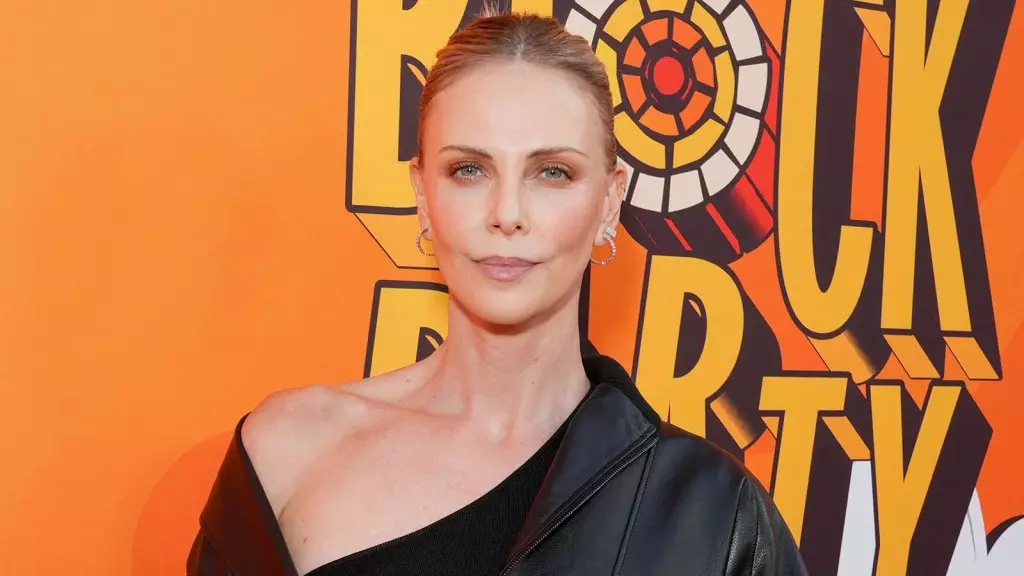In the glamorous world of Hollywood, where dreams are painted with bright lights and red carpets, an ugly underbelly persists—one that predators in positions of power manipulate vulnerable hopefuls with impunity. Charlize Theron’s candid recounting of her early encounter with a “scumbag” director underscores a brutal reality many actors face but rarely discuss openly. The industry often masks these abuses behind a veneer of glamour, leaving victims feeling isolated and powerless. Theron’s choice to remain anonymous over the perpetrator’s identity exemplifies the silence that shields predatory behavior, allowing these toxic power dynamics to fester beneath the surface.
Why Silence Is Complicity
Theron’s reluctance to name her attacker—despite acknowledging the incident—illustrates a broader cultural problem. Fear of retaliation, lack of institutional support, and the desire to protect one’s career often inhibit victims from speaking out. This silence perpetuates an environment where abuse becomes normalized and unchecked. It isn’t simply a personal failure but a systemic flaw rooted in Hollywood’s obsession with appearances and reputation management. For too long, survivors have been subjected to dismissive reactions, victim-blaming, or even worse—ostracization. Theron’s decision not to expose her attacker’s identity isn’t just about protecting her own narrative; it’s an implicit critique of a power structure that enables predatory behavior.
The Moral Obligation to Confront Predators
Theron’s story is a stark reminder that silence emboldens abusers. When those in Hollywood’s inner circles remain quiet or choose to shield perpetrators, they inadvertently sustain an environment where abuse is tolerated. The industry’s failure to aggressively confront predators is symptomatic of a broader societal failure to prioritize justice over reputation. By refusing to name her attacker, Theron acknowledges the complexity of public accusations and the personal toll of such disclosures. However, her unwavering stance—expressed through her refusal to let the predator forget their actions—serves as a powerful statement against complicity and complacency. It’s a call for accountability, not just for Hollywood, but for any institution where abuse can thrive in shadows.
The Need for Structural Change
Progress demands more than individual bravery; it calls for systemic reform. Protective measures should be embedded into industry practices, including transparent reporting channels, enforced accountability, and a cultural shift that prioritizes safety over secrecy. Theron’s experience highlights the importance of solidarity among survivors and advocates who refuse to let perpetrators continue unchecked. Hollywood has a unique responsibility to foster an environment where victims feel empowered to come forward without fear of retaliation. The courage exemplified by Theron, coupled with industry-wide commitments to change, can begin to dismantle the toxic power hierarchies that enable abuse. The path forward requires unapologetic honesty, unwavering support for victims, and a dedicated effort to eradicate predatory behaviors from the core of Hollywood’s fractured culture.

